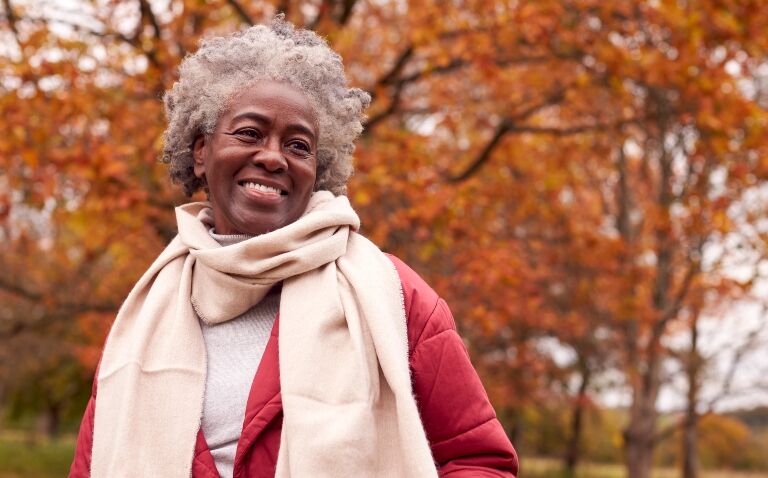Women who are both diagnosed and treated for breast cancer appear to undergo accelerated biological ageing compared to those who remain free of the cancer, according to a recent study.
Biological aging is accelerated following a breast cancer diagnosis and treatment according to the findings of a new study led by a team from the National Institute of Environmental Health Sciences (NIEHS). Their research,
Published in the Journal of the National Cancer Institute, the researchers from the National Institute of Environmental Health Sciences examined paired blood samples through DNA methylation profiling collected from women enrolled in the prospective Sister Study cohort at the initial and follow-up visits, which were an average of 7.7 years apart.
Researchers also included patients who remained free of breast cancer for comparative purposes and used linear regression models to assess differences in several biological aging metrics at the second sample collection or follow-up by breast cancer status.
Breast cancer status and biological ageing metrics
A total of 417 women, of whom 190 were diagnosed and treated for breast cancer between blood sampling, were included in the study.
Among women who developed breast cancer, diagnoses occurred an average of 3.5 years after the initial blood draw and four years before the second sample. After adjusting regression models for covariates and biological aging metrics measured at baseline, it was found that women diagnosed and treated for breast cancer had higher biological aging metrics at the follow-up.
In analyses assessing the associations with different breast cancer therapies, radiation had strong positive associations with biological aging. In contrast, surgery had little association with the biological aging metrics.
Commenting on the study, co-author Dale Sandler said ‘Radiation is a valuable treatment option for breast cancer, and we don’t yet know why it was most strongly associated with biological age.’ He added that ‘This finding supports efforts to minimise radiation exposures when possible and to find ways to mitigate adverse health effects among the approximately four million breast cancer survivors living in the United States.’










